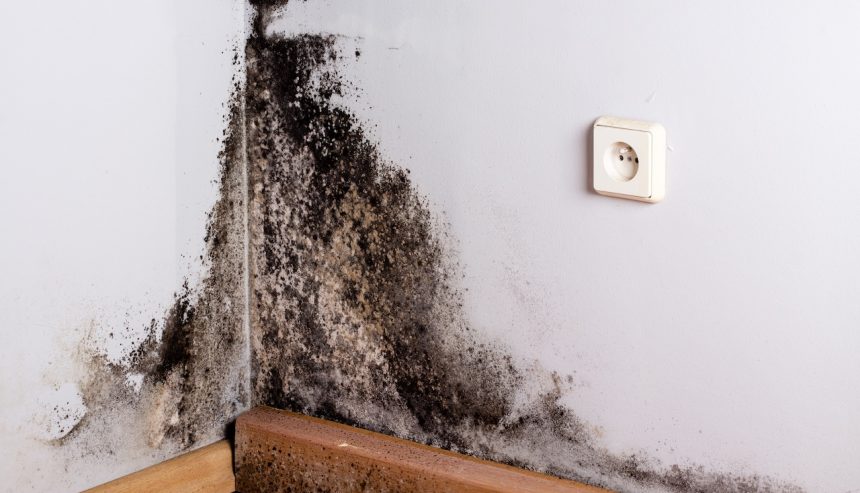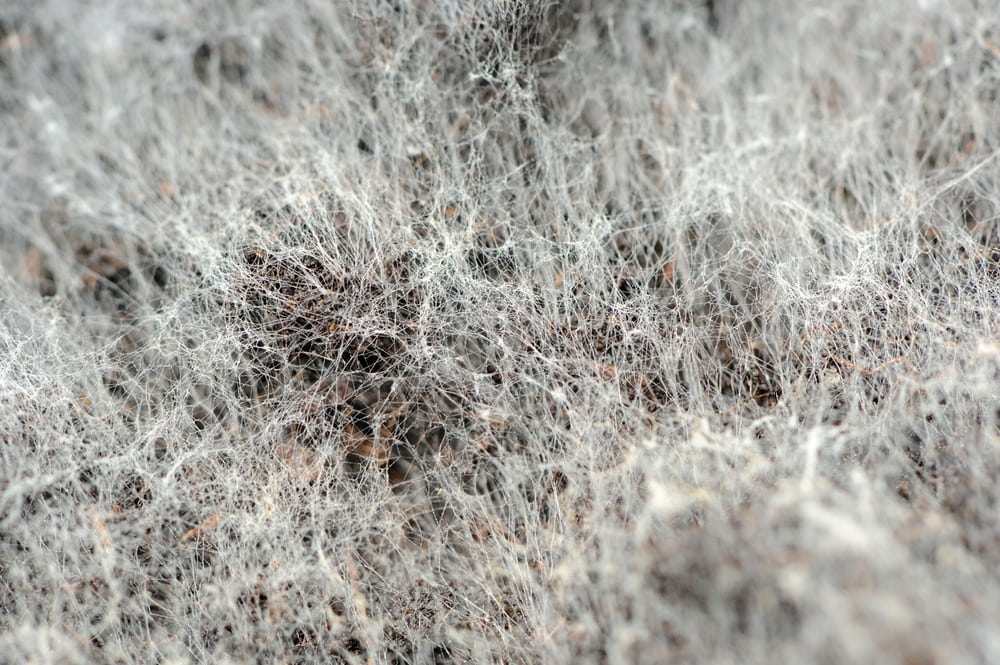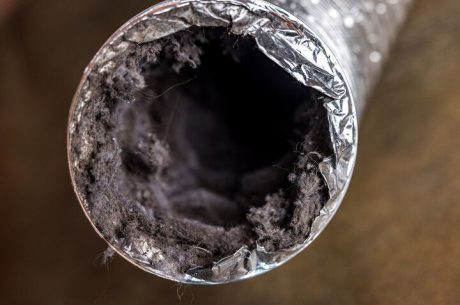Can mold cause sinus infections? The short answer is yes. Mold exposure can significantly impact respiratory health, leading to various health problems, including sinus infections. Mold is a fungus that thrives in moist, humid environments, and its spores can travel through the air, making their way into our homes and workplaces. In this blog, we’ll dive into how mold affects your health, the symptoms to watch for, prevention methods, and how to seek professional help for mold remediation.
Can Mold Cause Sinus Infections?

Mold can cause sinus infections and exacerbate existing respiratory issues.
Yes, mold can indeed cause sinus infections. Mold exposure can cause various respiratory problems, particularly those with pre-existing conditions such as asthma, allergies, or compromised immune systems. When mold spores are inhaled, they can irritate the nasal passages and sinuses, which often results in inflammation. Over time, this inflammation can lead to chronic sinus infections or aggravate existing sinus issues.
Common Health Effects of Mold Exposure
- Allergic reactions: Sneezing, runny nose, red eyes, and skin rashes.
- Asthma flare-ups: Mold can trigger asthma attacks or worsen symptoms.
- Respiratory infections: Long-term exposure can lead to bronchitis or sinusitis.
- Worsening of chronic conditions: Individuals with COPD or compromised immunity may experience more severe symptoms.
It’s essential to understand that not everyone exposed to mold will experience sinus infections, but the risks increase for those sensitive to allergens or underlying health issues.
How Mold Can Cause Sinus Infections
The connection between mold and sinus infections lies in the body’s immune response to inhaling mold spores. When these spores enter the nasal passages, they can lead to inflammation of the mucous membranes, which obstructs airflow and creates an environment conducive to bacterial growth. This bacterial buildup often results in a sinus infection, known as fungal sinusitis in some cases.
Types of Mold-Related Sinus Infections
- Acute sinusitis: A short-term infection triggered by an allergic reaction to mold.
- Chronic sinusitis: Long-term inflammation of the sinuses caused by prolonged mold exposure.
- Fungal sinusitis: A specific type of sinus infection directly caused by mold spores.
In any case, it’s crucial to recognize the symptoms early and take action to prevent more severe health issues.
Warning Signs of Mold-Related Sinus Infections
Recognizing the signs of mold exposure and its impact on your health can help you take the necessary steps to mitigate the risks. Here are some common symptoms of mold-related sinus infections:
Respiratory Symptoms:
- Nasal congestion and pressure
- Frequent sneezing
- Post-nasal drip
- Sinus headaches
- Coughing or wheezing
Other Symptoms:
- Fatigue
- Eye irritation or redness
- Sore throat
- Increased sensitivity to allergens
- Facial pain or tenderness (in the case of sinus infections)
If you experience any of these symptoms and suspect mold exposure, it’s important to address the mold issue in your environment and seek medical advice.
Prevention of Mold Exposure and Sinus Infections
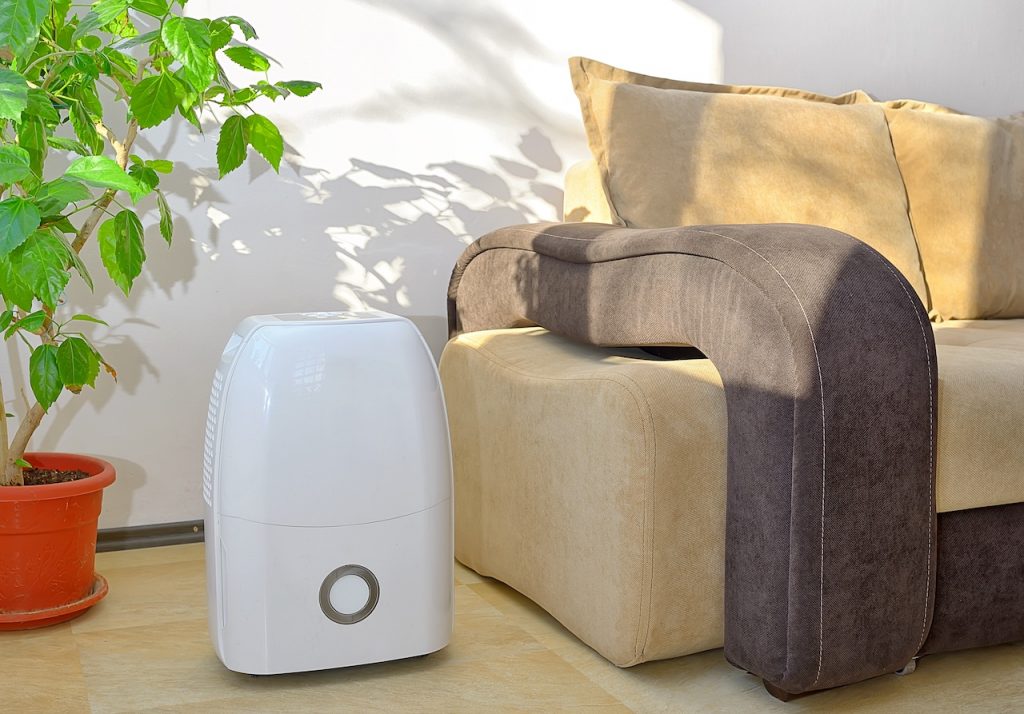
Consider using a dehumidifier, especially in areas like basements, bathrooms, and kitchens where moisture levels are typically higher.
Preventing mold exposure is key to avoiding respiratory problems and sinus infections. Luckily, several steps can minimize the risk of mold growth in your home or workplace.
- Control Humidity Levels: Mold thrives in humid environments. Keeping indoor humidity levels below 50% is crucial to preventing mold growth.
- Improve Ventilation: Proper ventilation is essential to reduce moisture in the air. Ensure that your home has adequate ventilation, especially in bathrooms and kitchens. Regularly open windows and use exhaust fans to keep air flowing and moisture levels low.
- Fix Leaks and Water Damage: Leaky roofs, windows, and pipes are a primary source of moisture in homes. Address any leaks or water damage immediately to prevent mold growth. If left unattended, even small leaks can lead to significant mold problems.
- Clean and Dry Damp Areas: If you’ve recently experienced flooding or water damage, it’s vital to thoroughly clean and dry the affected areas within 24-48 hours. Mold can proliferate in wet environments, so the faster you act, the better.
Treatment Options for Mold-Related Sinus Infections
If you suspect that your sinus infection is mold-related, it’s essential to consult a healthcare professional. Treatment for mold-induced sinusitis typically involves a combination of medications and lifestyle changes to reduce mold exposure.
Medical Treatments:
- Antihistamines: Help alleviate allergic reactions to mold.
- Decongestants: Relieve sinus pressure and congestion.
- Nasal corticosteroids: Reduce inflammation in the nasal passages.
- Antifungal medications: In the case of fungal sinusitis, antifungal treatments may be prescribed.
Home Remedies:
- Saline nasal sprays or rinses can help clear out mold spores from your nasal passages.
- Steam inhalation can alleviate congestion and sinus pressure.
- Humidifiers can help maintain moisture levels but must be cleaned regularly to avoid becoming a breeding ground for mold.
The Importance of Timely Mold Remediation
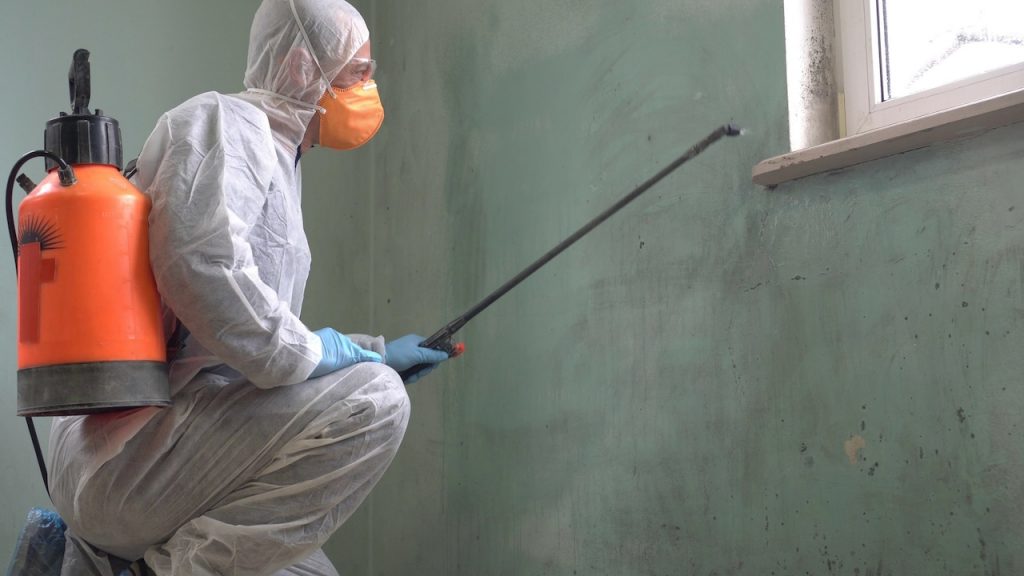
Consider professional mold remediation services to eliminate the source of the problem.
Mold exposure can worsen over time, leading to more severe health issues like chronic sinus infections or even long-term respiratory damage. Early detection and remediation are critical to preventing health risks and maintaining a healthy living environment.
PuroClean of NE Houston-Beltway provides professional mold removal services that include:
- Comprehensive mold inspection
- Effective mold removal and cleaning
- Preventative measures to avoid future mold growth
Contact PuroClean of NE Houston-Beltway at (713) 250-8800 today to ensure your home is mold-free and safe for you and your family.
